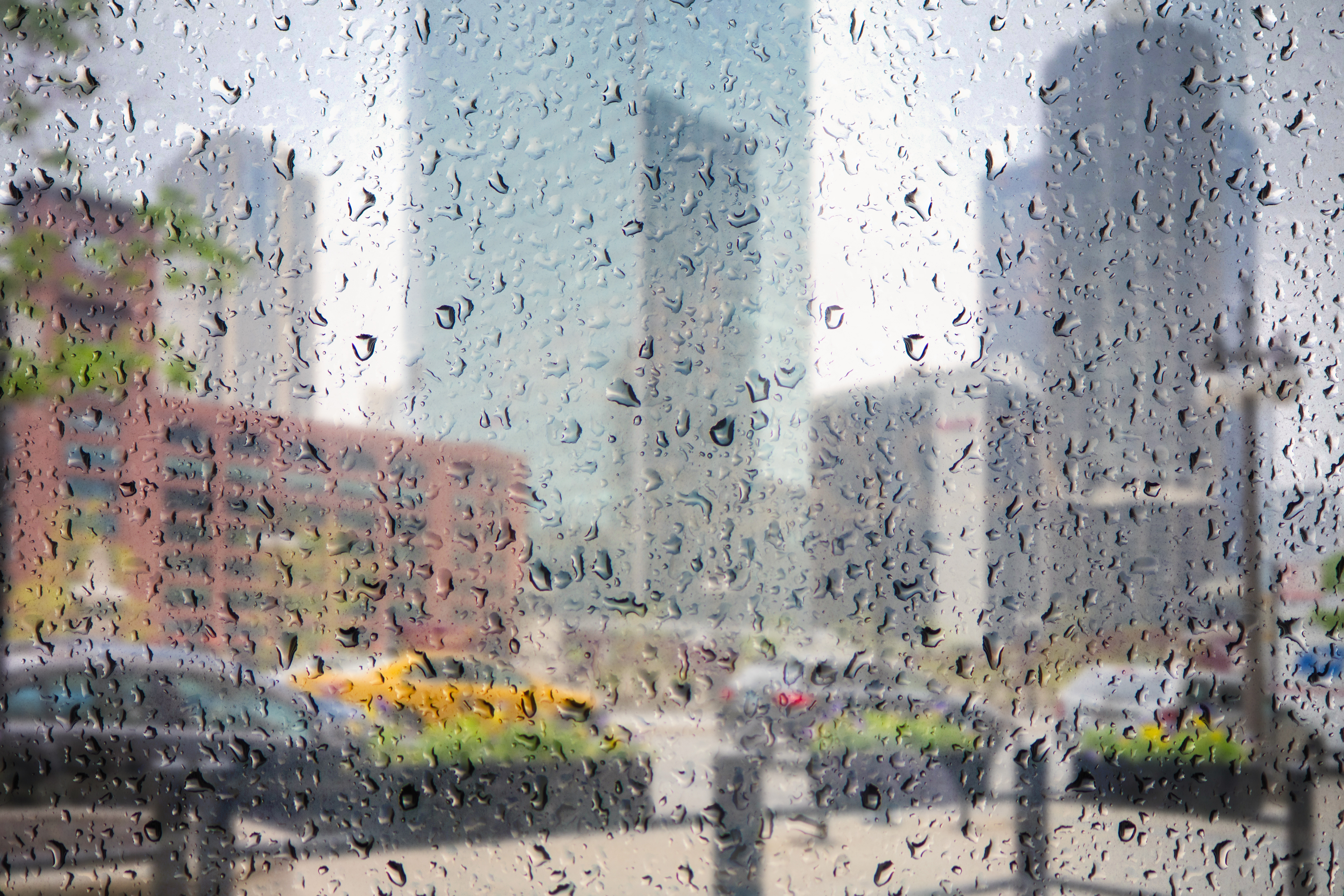
After one of the world’s best tennis players pulled out of the French Open, a Chicago star tennis coach says change could be on the way when it comes to dealing with mental health and press interviews in tennis.
Naomi Osaka, 23, withdrew from the French Open after facing discipline for avoiding press conferences.
She cited "long bouts of depression" since the U.S. Open in 2018 when fans in the stands booed Osaka after she beat Serena Williams.
Osaka, who says she also suffers from social anxiety, was brought to tears.
Feeling out of the loop? We'll catch you up on the Chicago news you need to know. Sign up for the weekly Chicago Catch-Up newsletter here.
Kamau Murray, a Chicago tennis coach known for coaching Sloane Stephens to a U.S. Open title in 2017, says pressures are higher than ever for young elite athletes.
"What was an attempt to protect her state of mind from a competitive standpoint turned into a big mental health issue when it didn’t have to be that," said Murray. "They are somewhat isolated. So, from an athletic standpoint, they may be ahead of their time and accelerated, but from a social standpoint, tennis players in general might be a little bit behind."
Murray had a strategy to keep Sloane's state of mind focused, despite tough press interviews.
Local
"The pre-match press is also a little bit nerve-racking," said Murray. "When I was coaching Sloane, I would try to have all press down by Friday because they do ask questions that sometimes could raise doubt or shake a player’s confidence."
Osaka was facing a $15,000 fine for avoiding the press.
"People with social anxiety have a huge fear of social evaluation," said Northwestern Medicine’s Chief of Psychology Stewart Shankman. "So, when she experienced the boos back in 2018, it's not surprising that could be a very stressful event for her."
Murray says he found it refreshing to see a female athlete able to take the financial hit by opting to withdraw from such a big event.
Now, he believes change could be coming to how the sport handles press interviews before big matches.
"I do think it’s not a bad idea to have questions submitted, have them filtered," said Murray. "I don’t think that players are used to having this power, this freedom."



